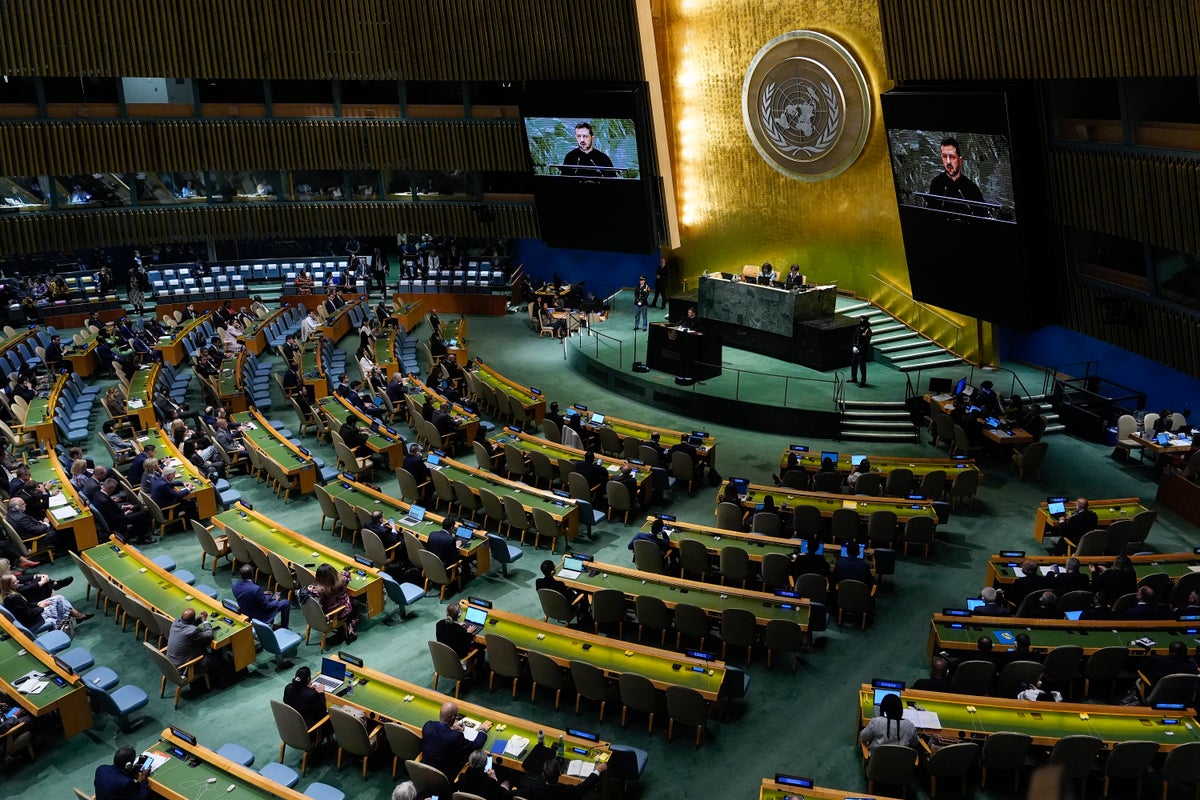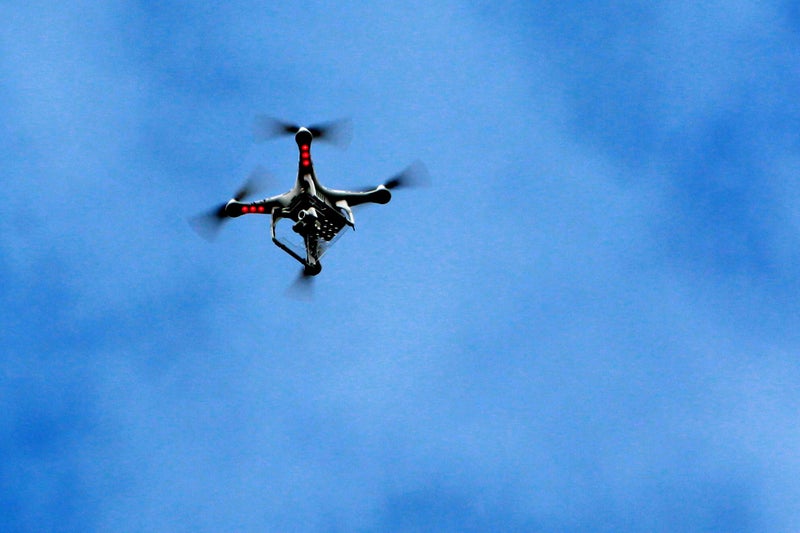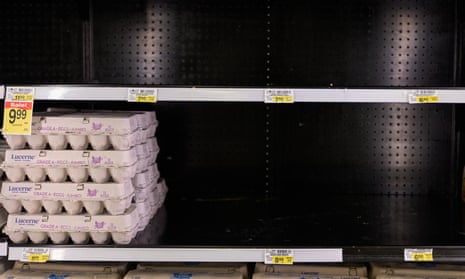Moscow praises Washington for siding with it at UN, as European countries abstain in sign of deepening rift with US. The Kremlin has welcomed what it said was a “much more balanced” US stance on Ukraine after the Trump administration pushed through a UN security council resolution on the war that included no criticism of Russia.
![[UN general assembly backs resolution condemning Russia on third anniversary of Ukraine war – video]](https://i.guim.co.uk/img/media/f0b90e9d2e419c3ece9001fa8c9760a452386588/0_27_5848_3290/5848.jpg?width=465&dpr=1&s=none&crop=none)
The Kremlin spokesperson, Dmitry Peskov, said the move was evidence of Washington’s willingness to try to find a peaceful settlement. Moscow backed the resolution, which was passed late on Monday, although European countries abstained, in a sign of a deepening rift with Washington.
In a simple three-paragraph motion on the third anniversary of Russia’s invasion, the US took a neutral position on the war and called for a “swift end” to the conflict and “lasting peace”. It presented a sharply different tone to that of the Biden administration, which had supported Ukraine throughout.
Russia’s UN ambassador, Vassily Nebenzia, acknowledged what he said were “constructive changes” in the US position on the conflict. US allies in Europe on the 15-member council – France, Britain, Denmark, Greece and Slovenia – abstained from the vote.
The UK’s ambassador to the UN, Barbara Woodward, said after the vote that while London shared the “ambition to find a lasting end to this war”, there should be “no equivalence between Russia and Ukraine in how this council refers to this war”.
She added the UK regretted “our proposals making these points clear were not taken onboard, and as such we could not support this resolution”. It was the first security council resolution to pass during the war. The council had been unable to take any action because Russia holds a veto.
The US proposal did not call for a ceasefire or any concrete action. Asked by a reporter if Washington was seeking “global support for vague peace”, one state department official responded: “Absolutely. That’s what the UN is all about.”. In contrast, and highlighting the US and Russia’s global isolation, the 193-member UN general assembly earlier backed a resolution drafted by Ukraine and the EU condemning Russia.
While security council resolutions are considered binding, general assembly resolutions are not. However, general assembly resolutions carry diplomatic and political gravity as they illuminate the global consensus on issues. The US, Russia, Israel, Belarus and North Korea all voted against the EU-Ukrainian resolution, underlining an extraordinary shift since the election of Donald Trump, who has largely absolved Vladimir Putin of responsibility for the invasion.
In the vote, 93 countries supported the joint European resolution that named Russia as an aggressor state and called on it to remove its troops from Ukraine. The US failed earlier on Monday to convince the general assembly to pass the same three-paragraph resolution adopted by the security council, and it was only passed after being amended to include its long-held language supporting Ukraine.
The votes came as Trump met the French president, Emmanuel Macron, at the White House on Monday and the two spoke with G7 leaders to discuss peace talks to end the war and the growing gulf between Washington and European capitals over the future of the Nato alliance.
Germany’s likely next chancellor, Friedrich Merz, warned this weekend that Europe should seek greater independence from the US and said an “absolute priority will be to strengthen Europe as quickly as possible so that, step by step, we can really achieve independence from the USA”.
The US president has quickly moved to direct talks with Putin that have sidelined Ukraine and has sought to strongarm Kyiv into a “critical minerals and rare-earths deal” to recoup the cost of US war aid. “I am in serious discussions with President Vladimir Putin of Russia concerning the ending of the war, and also major economic development transactions which will take place between the United States and Russia,” Trump said in a statement on Monday. “Talks are proceeding very well!”.
100 days of Trump’s presidency, with Jonathan Freedland and guests. On 30 April, join Jonathan Freedland, Kim Darroch, Devika Bhat and Leslie Vinjamuri as they look at Trump’s presidency on his 100th day in office, live at Conway Hall, London, and livestreamed globally. Book tickets here or at guardian.live.































